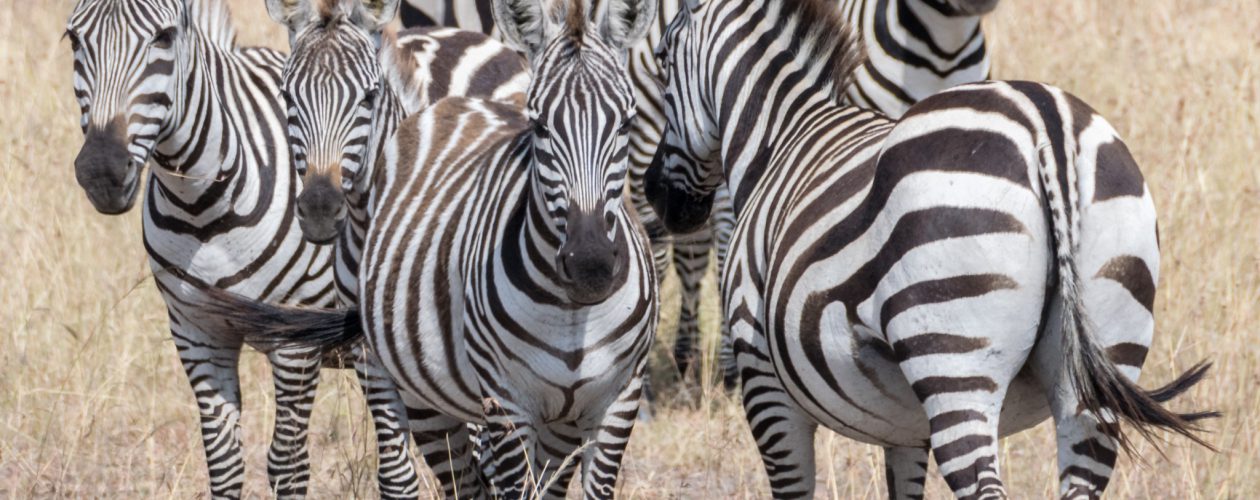One of the many benefits of a safari holiday is that you’ll encounter very few additional expenses once you’re on your trip as most safari camps and lodges operate on an all-inclusive basis. Tipping is customary though, so it’s an expense that you will want to prepare and budget for in advance.
Although tipping is by definition voluntary and discretionary we have found that the biggest dilemma our clients encounter is usually not so much about when and who to tip, but about how much.
To simplify your planning, we recommend you allocate $20-$30 per person, per day for tipping purposes. For families, we suggest you use a per room, rather than per person basis, of $50-$75 per room per day.
This can be divided between your guide, tracker and household staff – there is usually a communal tip box for the behind-the-scenes people that you may not meet but that nonetheless work hard to ensure you have a great time. You may wish to tip other members of staff individually too, and there are usually envelopes left in your room for this purpose. This should be in addition to the tip box, not instead. Guides are usually tipped directly at the end of the trip.
Because tipping is such a personal and subjective practice, you may find local variations on these recommendations. However, please feel confident that your tip, regardless of its size, is adequate and will be greatly appreciated. If you are particularly impressed with anyone you encounter on your travels, of course feel free to recognize their efforts with an added bonus. One note of caution, however: don’t tip children, to matter how helpful they may have been, as this may discourage them from attending school.
We recommend ensuring you bring money in smaller denominations with you; US Dollars are perfectly acceptable when tipping throughout. Although small denominations of local currency are acceptable, as are Rands in South Africa, figuring out the different exchange rates can be confusing.
As a general rule, it’s better to over-tip than under-tip – your money goes directly to local staff who often have extended families to support. Tourism plays an important role in many African economies, and at African Portfolio we believe strongly in trying to bolster the local economy, whenever and where ever we can.
In city restaurants, particularly in South Africa, a 10% tip is customary. Bear in mind that in the restaurant industry waiters often rely on tips to supplement very meagre wages. If you’re just having drinks, leaving the change or rounding off the bill is appreciated.
How much should I tip on safari?
